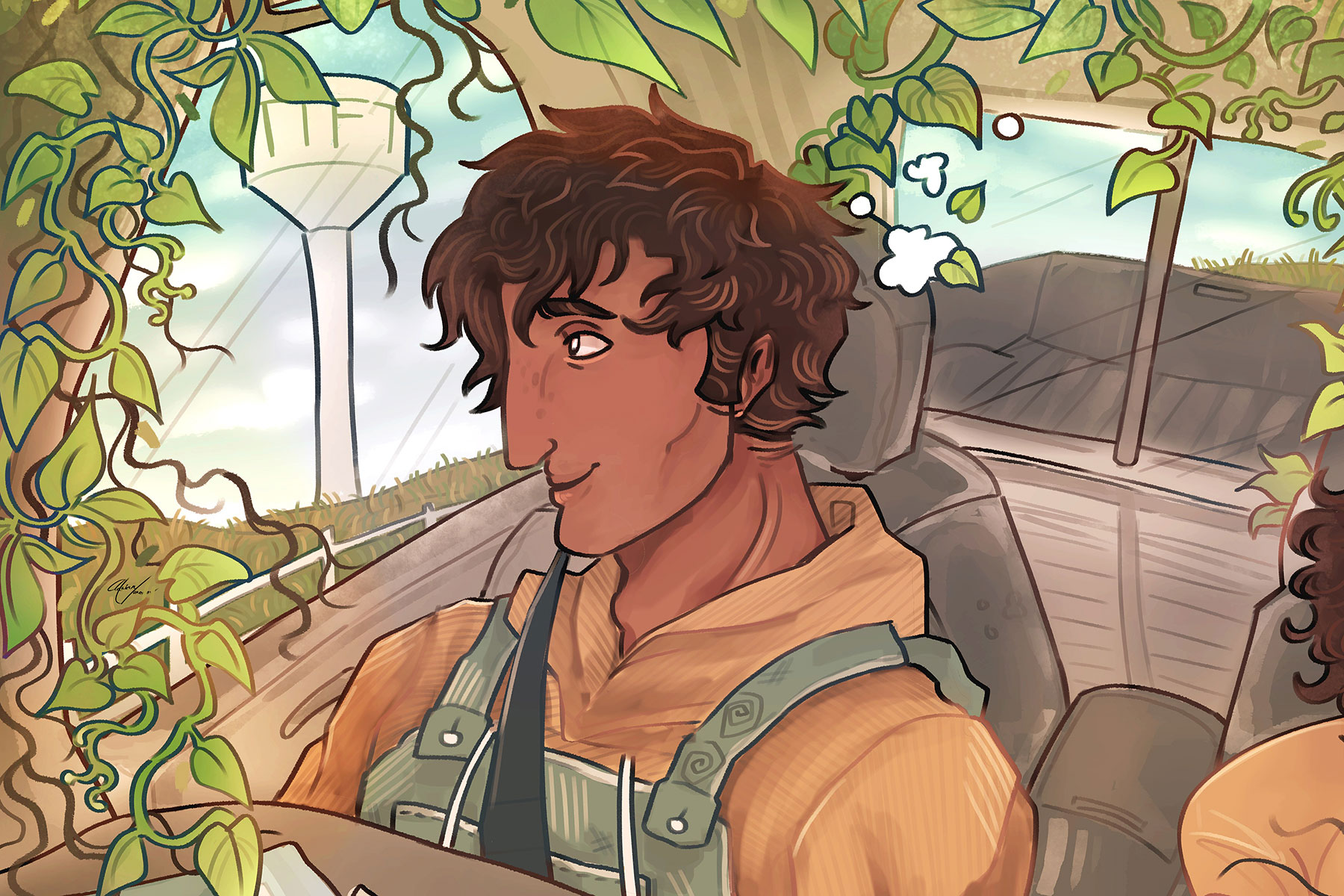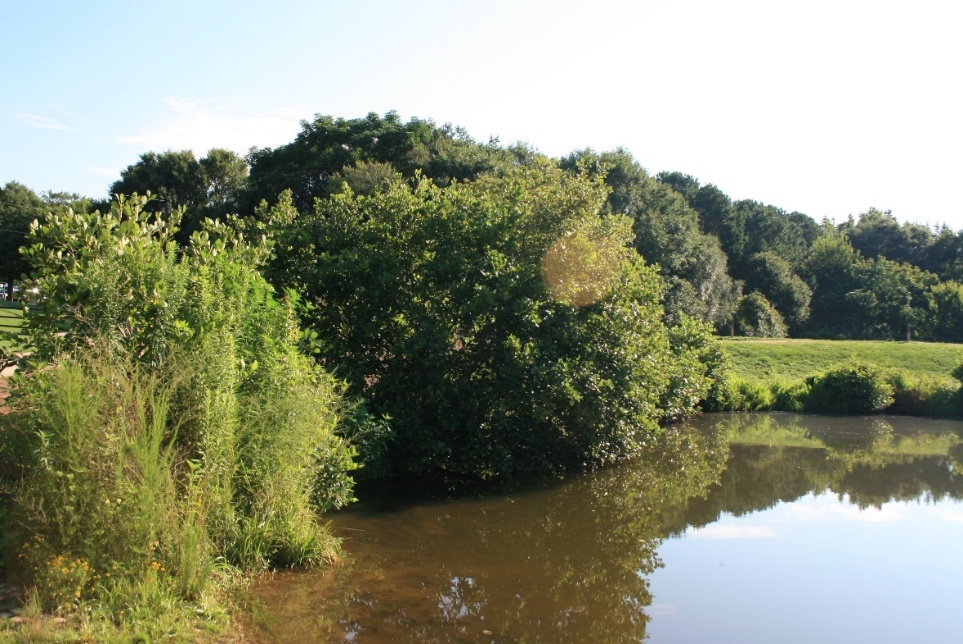Leaf season conjures up cooler days and aching muscles. But
it doesn’t have to mean
mountains of trash. Think of leaves as free mulch.
"Why pay for pine straw when leaf mulch is free?"
said Wayne McLaurin, a
horticulturist with the University of Georgia Extension
Service.
"When the leaves fall, the easiest way to deal with them
is to run over them with
your lawn mower," he said. "Collect them in the
bagger. Then place the ground-up
leaves around your shrubbery, about three inches deep. The
leaves will break down over
time and produce compost."
When your plants all have a leafy blanket tucked in around
their toes, turn the rest of
your leaves into a rich soil amendment by composting.
"All backyard composting techniques use the natural
activity of bacteria, fungi
and other soil organisms," McLaurin said. "This
decomposes organic materials and
returns them to the soil. Compost is essential to healthy
gardens and landscapes."
Gardeners have been composting in backyards for generations.
But myths persist that
it’s unsanitary or hard to do.
"Nothing could be further from the truth," McLaurin
said.
"Backyard composting can be the most economical and
environmental way to manage
organic materials from the landscape," he said. "It’s
not the solution for
diverting all household organic waste. But composting much
organic material at home just
makes sense."
McLaurin ticks off six benefits of backyard composting:
1. Divert organic materials from landfill. More than 30
percent of current home
pickup can be diverted from landfills by backyard composting.
Keeping these materials at
home prolongs the life of landfills. That protects the
environment.
2. Save money. Every pound of organic material composted
at home is a pound that
won’t have to be processed in a central composting facility.
That saves the community
money.
Residents who compost can save money on disposal, too. They
also get a free soil
amendment. And improving the health of their gardens trims
maintenance costs.
One survey showed that backyard composting programs cost an
average of $12 per ton.
That compares to $32 per ton for disposal, plus collection
costs. Even centralized
composting costs $26 per ton, plus collection costs.
3. Improve soil and plant health and conserve water.
Compost improves any soil. It
makes soils better able to absorb and retain moisture. It cuts
runoff, erosion and
irrigation needs.
It supplies and stores nutrients so plants need less
fertilizer. And added fertilizer
stays in the soil instead of running off into streams, lakes or
oceans.
"Plants seem to grow better with compost," McLaurin
said.
4. Prevent harmful effects of leaf-burning. Burning
leaves produces large
amounts of carbon monoxide and tiny particles. These particles
may irritate some people
and cause health problems. Composting is much healthier than
leaf-burning.
5. Build community pride. Many people feel helpless in
the face of environmental
and social problems. Through backyard composting, they can
contribute in a positive way.
6. Create markets for recycled materials. Once people
learn the benefits of using
compost in their gardens, they will also buy commercial
compost.
"Composting at home raises awareness of recycling and
waste-reduction efforts,
too," McLaurin said. "It’s a great way to start people
thinking about what’s in
their garbage. It’s a hands-on introduction to recycling
processes.
"Once people learn to deal with the organic part of
their garbage," he said,
"they get active in other waste reduction and recycling
activities."
To learn more about composting, call your county Extension
Service agent.




